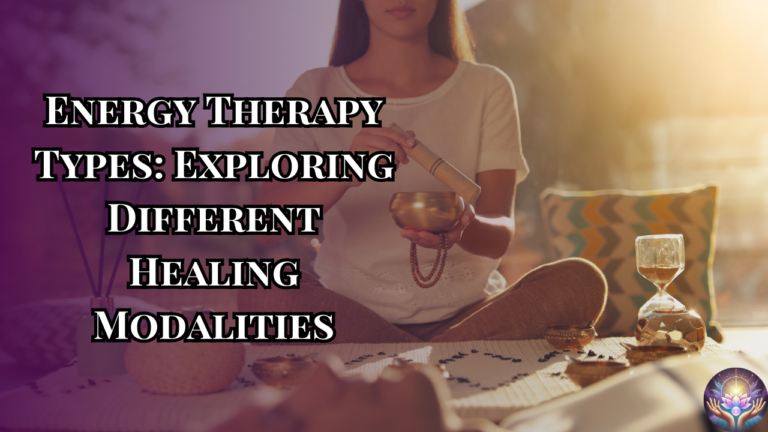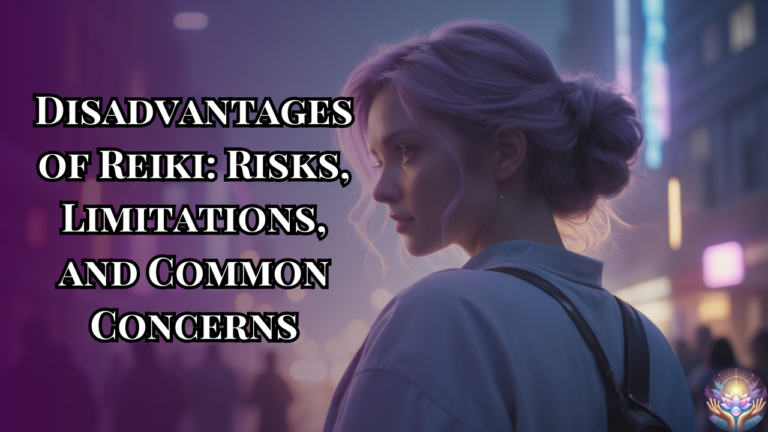Reiki healing is widely regarded as a safe, noninvasive practice that promotes relaxation, emotional balance, and overall well-being. However, many people wonder, are there risks of Reiki healing? While Reiki is considered low-risk, understanding its potential concerns and the best practices for safe sessions is important for anyone considering this energy healing modality.
Understanding the Safety of Reiki Healing
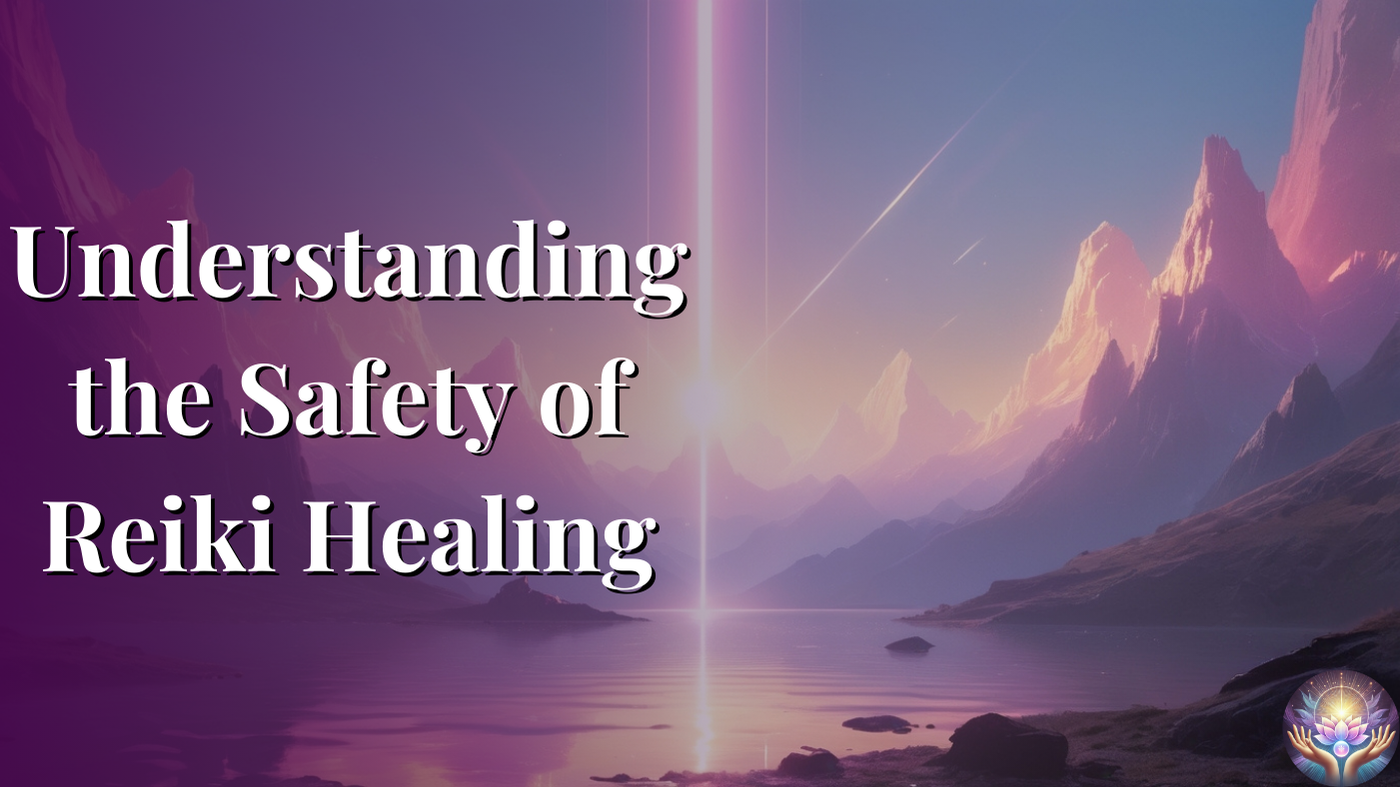
Reiki has been practiced for decades as a complementary therapy for physical and emotional health. Research and anecdotal evidence consistently suggest that Reiki is safe for people of all ages and health conditions. However, like any therapy, it’s essential to be aware of its potential risks, side effects, and precautions to ensure a positive experience.
Are There Risks of Reiki Healing?
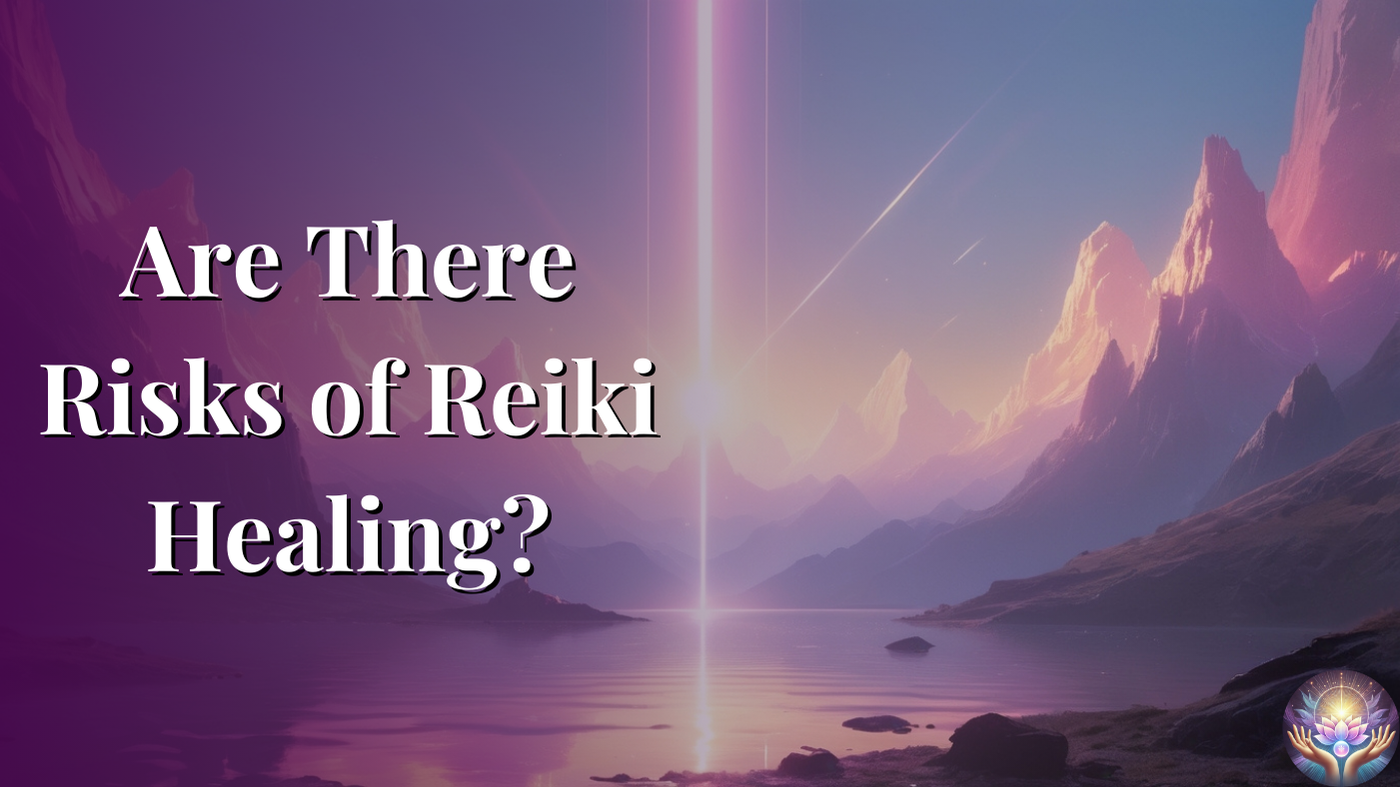
1. No Documented Physical Side Effects
Scientific studies and reviews have shown that Reiki is not associated with any physical side effects. For instance, a 2024 systematic review of Reiki in cancer patients reported no adverse reactions among participants. Similarly, a 2022 review of 26 randomized controlled trials on Reiki for mental health symptoms found no reported side effects.
2. Emotional Sensitivity
While Reiki generally promotes relaxation and calmness, some individuals may experience emotional sensitivity during or after a session. This could include:
- Feeling Overwhelmed: Reiki sessions can release pent-up emotions, causing feelings of sadness or heightened sensitivity.
- Temporary Fatigue: Some individuals may feel tired after a session as the body adjusts to the energy shift.
3. Individual Reactions Vary
Every person’s energy system is unique, and responses to Reiki can differ. For instance, someone dealing with emotional trauma may feel more intense sensations during a session compared to someone seeking general relaxation.
Addressing Potential Dangers of Reiki
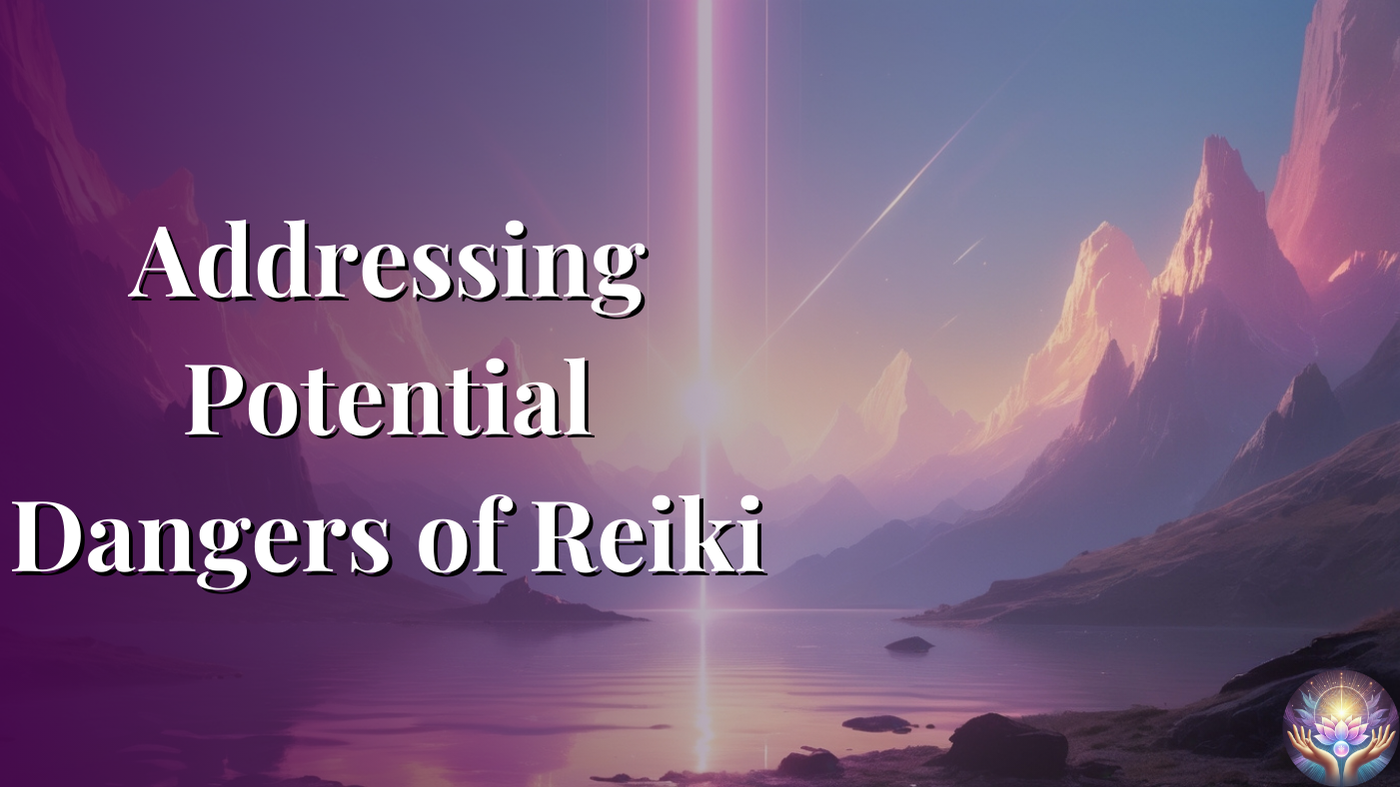
1. Misrepresentation of Reiki as a Cure
One of the biggest risks associated with Reiki healing comes from unqualified practitioners or misinformation. Some practitioners may falsely claim that Reiki cures diseases. While Reiki offers numerous benefits, it is not a replacement for medical treatment.
2. Unlicensed or Untrained Practitioners
Working with untrained or unlicensed Reiki practitioners can pose risks, as they may not have the necessary skills or experience to provide safe and effective sessions. To avoid such risks:
- Verify a practitioner’s training and certification.
- Check if they meet local licensing requirements, especially in states where bodywork licenses are mandatory.
- Avoid practitioners who make unrealistic promises or dismiss medical advice.
3. Lack of Proper Communication
Without clear communication between the client and practitioner, discomfort during a session may go unaddressed. Always discuss your goals, concerns, and health conditions with your practitioner beforehand.
How to Ensure Reiki Healing Safety
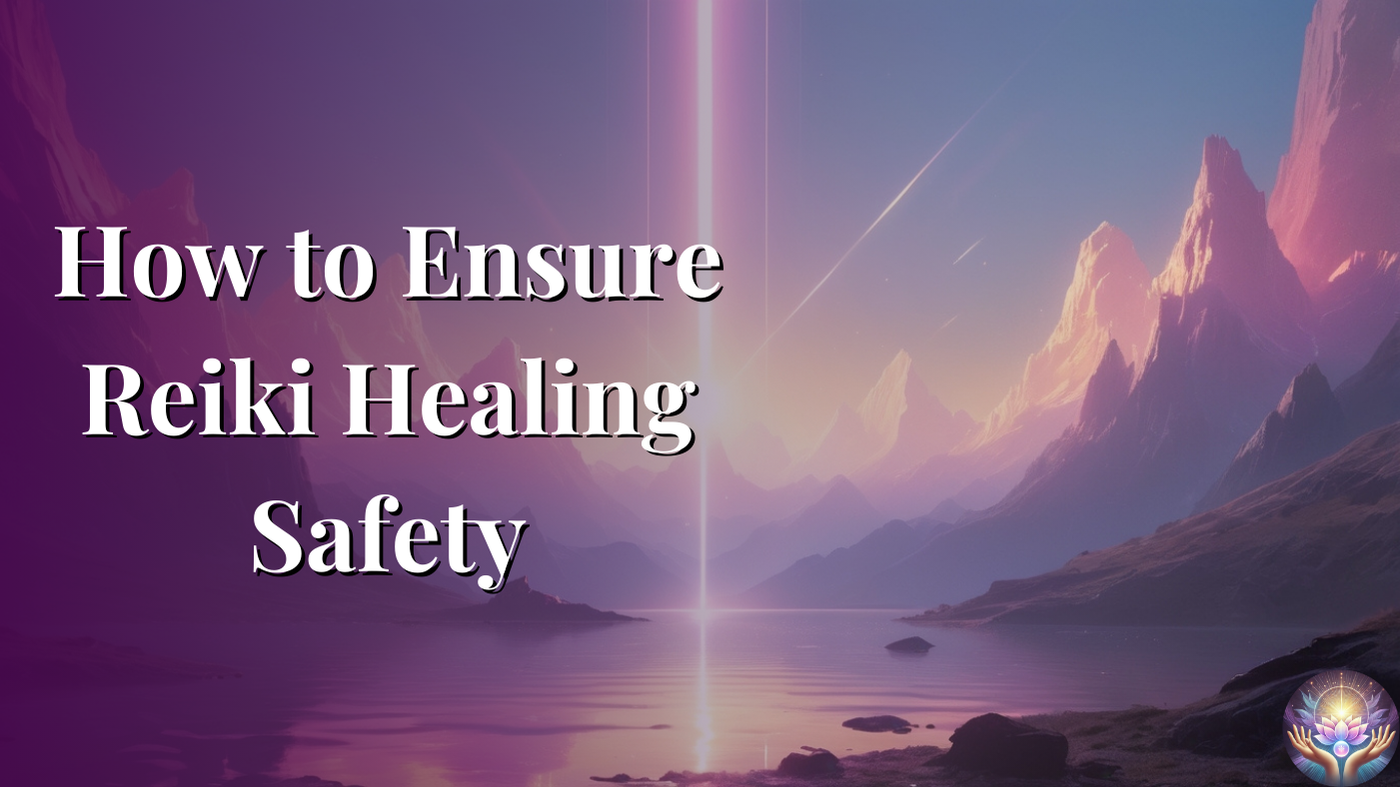
1. Choose a Qualified Practitioner
The safety and effectiveness of Reiki largely depend on the practitioner’s expertise. Look for practitioners who:
- Hold certifications from reputable Reiki organizations.
- Meet state or local licensing requirements, such as a massage therapy license.
- Have experience addressing your specific concerns.
2. Understand What Reiki Can and Cannot Do
Reiki supports emotional and physical well-being by promoting relaxation and balance. However, it does not replace medical treatments or therapies. Be cautious of anyone who claims otherwise.
3. Ask the Right Questions
When selecting a Reiki practitioner, ask about:
- Their training and certification.
- Their experience with clients who have similar concerns.
- What to expect during and after a session.
4. Start with a Trial Session
If you’re new to Reiki, consider starting with a single session to gauge how your body responds. This can help you determine whether Reiki is a good fit for your needs.
FAQs related Risks of Reiki healing
1. Is Reiki safe for everyone?
Yes, Reiki is generally safe for people of all ages and health conditions. However, individuals with specific medical concerns should consult their healthcare provider before trying Reiki.
2. Can Reiki have negative effects?
No significant negative effects have been documented. However, some people may feel emotionally sensitive or fatigued after a session. These effects are typically temporary.
3. Do I need a licensed Reiki practitioner?
While licensing requirements vary by location, working with a certified and experienced practitioner ensures a safer and more effective session.
4. Can Reiki interfere with medical treatments?
Reiki does not interfere with medical treatments. Instead, it complements them by reducing stress and promoting relaxation.
5. How do I know if a Reiki practitioner is qualified?
Check their certifications, training background, and client reviews. You can also verify their license if required in your state.
Final Thoughts on Risks of Reiki healing
So, are there risks of Reiki healing? Overall, Reiki is considered a safe and noninvasive practice with minimal risks. By working with a qualified practitioner, maintaining realistic expectations, and understanding how Reiki fits into your wellness routine, you can ensure a positive and beneficial experience.
While Reiki may not pose direct dangers, selecting the right practitioner and being aware of your body’s response are crucial for maximizing its benefits. Whether you’re exploring Reiki for relaxation, emotional healing, or stress relief, it’s a gentle and supportive therapy that promotes balance and harmony.


